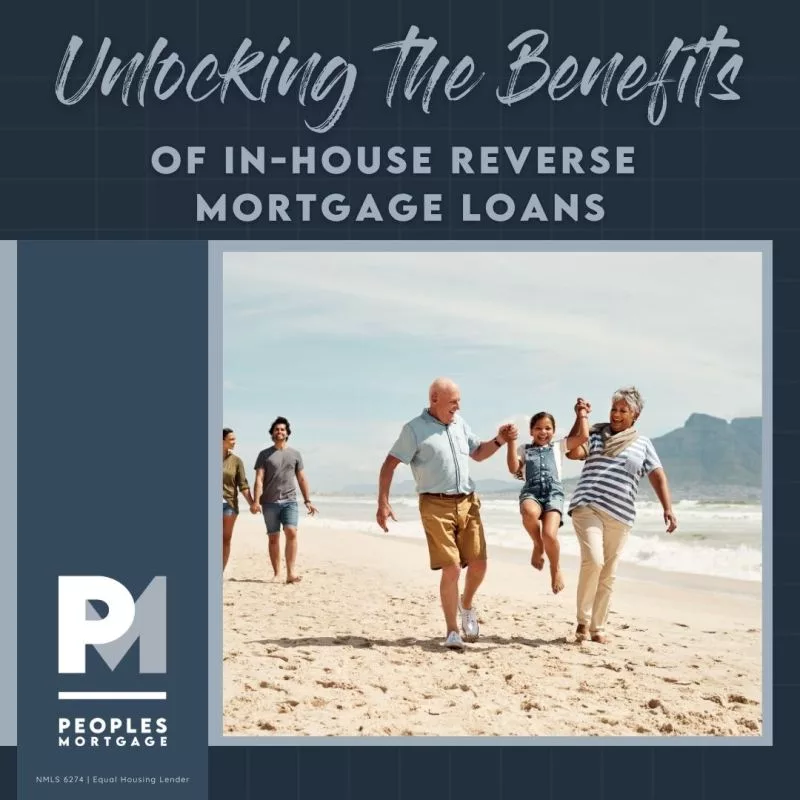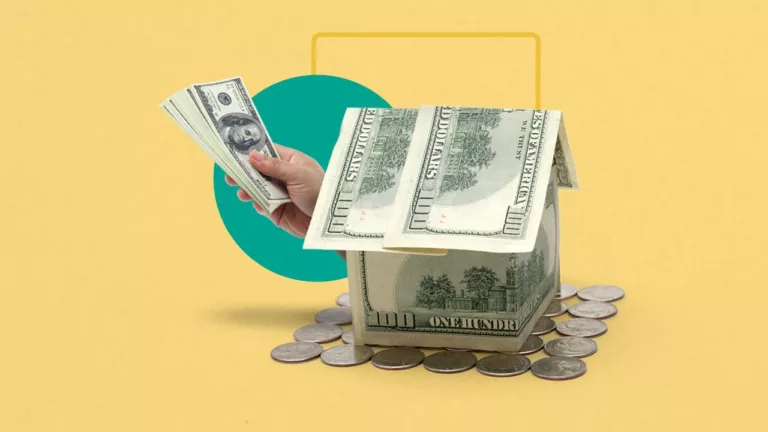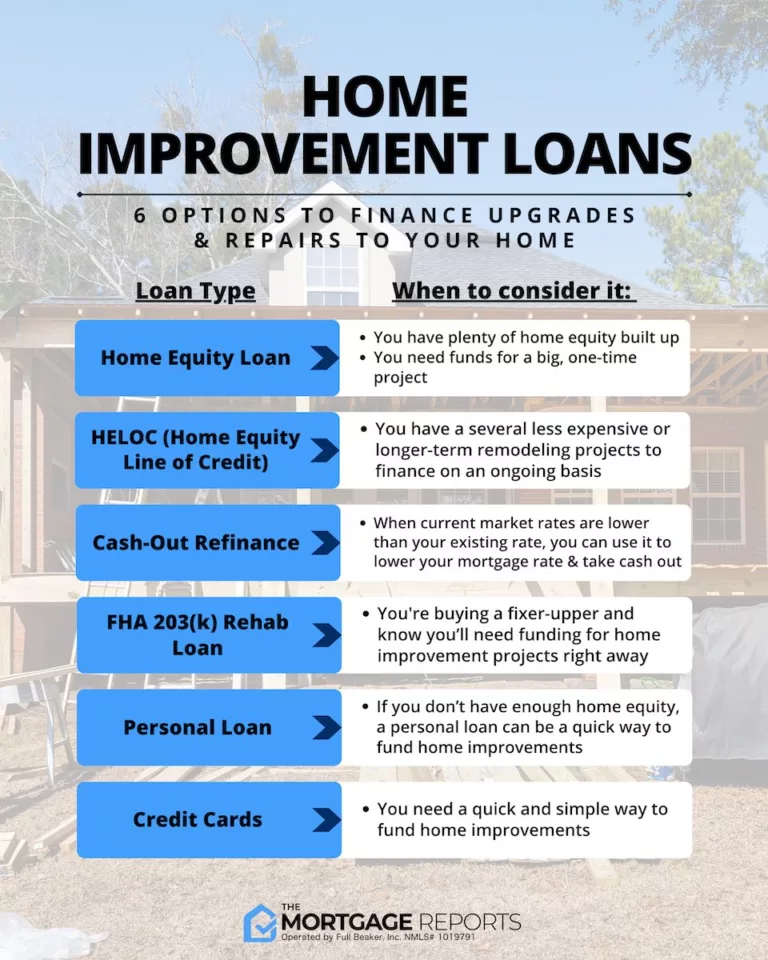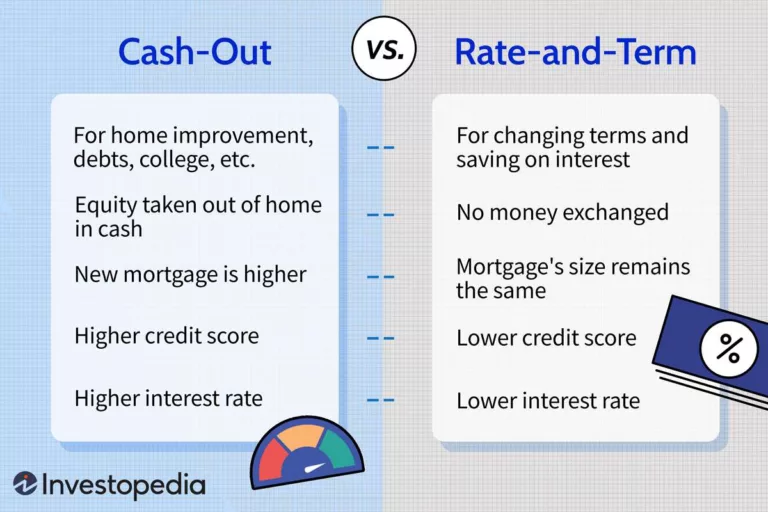Can You Get a Reverse Mortgage on a Condo? Unlocking the Benefits!
Yes, you can get a reverse mortgage on a condo. Now, let’s explore how a reverse mortgage works for condominium owners and the eligibility criteria that need to be met.
A reverse mortgage is a loan option that allows homeowners aged 62 or older to convert a portion of their home equity into cash. While this type of mortgage is commonly associated with single-family homes, it is also available for qualifying condo owners.
However, the condo must meet certain requirements set by the Federal Housing Administration (FHA) to be eligible for a reverse mortgage. These requirements include the condo being FHA-approved, having a certain occupancy rate, and maintaining financial stability. If a condo meets these criteria, its owners can apply for a reverse mortgage and access the equity in their property.

Credit: www.linkedin.com
Eligibility For A Reverse Mortgage On A Condo
Applying for a reverse mortgage on a condominium can be a viable option for seniors looking to tap into their home equity. However, it is important to understand the eligibility requirements for this type of loan. Before proceeding further, there are a few factors to consider. These include age and occupancy requirements, as well as the need for the condominium to be HUD-approved. Let’s take a closer look at each of these eligibility criteria.
Age And Occupancy Requirements
To be eligible for a reverse mortgage on a condo, borrowers must meet certain age and occupancy requirements. Typically, the minimum age is set at 62 years old. This means that at least one borrower on the loan must be 62 years or older. Additionally, the borrowers must occupy the condo as their primary residence. This ensures that the reverse mortgage is being used for the intended purpose of providing financial support for the homeowners during their retirement years.
: Hud-approved Condominiums
Another crucial requirement for obtaining a reverse mortgage on a condo is that the condominium must be HUD-approved. HUD stands for the U.S. Department of Housing and Urban Development, which regulates the federal housing administration (FHA) loans. The FHA provides mortgage insurance for reverse mortgages, and they have specific guidelines for condos that must be met.
To qualify for an FHA-backed reverse mortgage, the condo must be on the list of approved properties. This list ensures that the condo meets certain standards regarding financial stability, occupancy rates, and maintenance. It is important to note that not all condos are eligible, so it is essential to check the HUD website or consult with a reverse mortgage specialist for the most up-to-date information.
Obtaining a reverse mortgage on a condo can be a valuable financial tool for seniors to supplement their retirement income. However, meeting the eligibility criteria is crucial to ensure a smooth application process. By understanding the age and occupancy requirements, as well as the need for the condo to be HUD-approved, seniors can confidently explore reverse mortgage options on their condominiums.

Credit: www.facebook.com
Benefits Of Getting A Reverse Mortgage On A Condo
If you’re a homeowner considering a reverse mortgage, you might be wondering if it’s possible to get one on a condo. The answer is yes! Getting a reverse mortgage on a condo can provide you with several benefits. Let’s take a closer look at these benefits and how they can help you tap into the equity of your condo, while still maintaining ownership and residency.
Accessing Home Equity
One of the primary benefits of getting a reverse mortgage on a condo is the ability to access the home equity you’ve built up over the years. With a reverse mortgage, you can convert a portion of your home equity into cash, which can be a valuable source of funds for retirement, medical expenses, or other financial needs. This can provide you with a sense of financial security and peace of mind.
No Monthly Mortgage Payments
Unlike a traditional mortgage, a reverse mortgage on a condo does not require you to make monthly mortgage payments. Instead, the loan is repaid when you sell the condo, move out, or pass away. This can be a huge relief for retirees on a fixed income who are looking to eliminate the burden of monthly mortgage payments. It allows you to free up your cash flow and use your money for other expenses or investments.
Maintaining Ownership And Residency
Another advantage of getting a reverse mortgage on a condo is that you can maintain ownership and residency in your home. As long as you continue to meet the requirements of the loan, such as paying property taxes and insurance, you can stay in your condo for as long as you wish. This can be particularly appealing for retirees who have an emotional attachment to their home and community.
In conclusion, getting a reverse mortgage on a condo offers a variety of benefits. It allows you to access the equity in your home, eliminate monthly mortgage payments, and maintain ownership and residency. If you’re a homeowner considering a reverse mortgage, be sure to consult with a qualified lender to explore your options and determine if a reverse mortgage on your condo is the right financial solution for you.
Considerations Before Getting A Reverse Mortgage On A Condo
Before diving into the world of reverse mortgages for condos, it’s important to understand the considerations involved. While reverse mortgages can be a valuable financial tool for seniors, there are certain factors specific to condos that need to be taken into account before making a decision. This article will delve into the financial implications and the impact on heirs and estate planning when considering a reverse mortgage on a condo.
Financial Implications
When it comes to getting a reverse mortgage on a condo, there are several financial implications that should not be overlooked. Let’s take a closer look:
- Eligibility: Not all condos are eligible for reverse mortgages. The condo must be approved by the Federal Housing Administration (FHA) to qualify. This means it must meet certain criteria such as having at least 50% owner occupancy, being in a financially stable condition, and having adequate insurance coverage. It’s crucial to check the eligibility requirements before proceeding.
- Appraisal: Reverse mortgages are based on the appraised value of the property. If the condo’s value is significantly lower than expected, it may affect the amount of funds available through the reverse mortgage. Having a realistic understanding of the condo’s value is important for financial planning.
- Interest Rates and Fees: Reverse mortgages come with interest rates and fees that can impact the overall financial picture. It’s essential to shop around and compare different lenders to ensure you’re getting the best rates and terms.
- Loan Repayment: While reverse mortgages don’t require monthly mortgage payments, the loan must be repaid when the last borrower permanently leaves the condo. This typically means selling the property or using other assets to pay off the loan. Understanding the repayment options and potential consequences is crucial for financial planning.
Impact On Heirs And Estate Planning
Another important consideration when contemplating a reverse mortgage on a condo is its impact on heirs and estate planning. Here’s what to keep in mind:
- Ownership Rights: With a reverse mortgage, the lender holds a lien on the property. This can affect the inheritance left for heirs. They may need to sell the condo to repay the loan, which could reduce their inheritance. It’s essential to discuss this aspect with family members.
- Estate Planning: Reverse mortgages may impact your overall estate planning. It’s important to consult with a trusted estate planning professional to understand the implications and explore any potential alternatives that align with your specific estate planning goals.
- Communication: Open and honest communication with your heirs is crucial. Discussing your decision to pursue a reverse mortgage on a condo and explaining the potential impacts can help set realistic expectations and avoid surprises in the future.
Considering the financial implications and the impact on heirs and estate planning are vital steps before getting a reverse mortgage on a condo. By understanding these considerations and consulting with professionals, you can make a well-informed decision that aligns with your financial goals and long-term plans.

Credit: reverse-mortgage-colorado.net
Frequently Asked Questions For Can You Get A Reverse Mortgage On A Condo
Do Reverse Mortgages Work For Condominiums?
Yes, reverse mortgages can be used for condominiums. They work by allowing homeowners aged 62 or older to convert a portion of their home equity into loan proceeds, which can be used for various purposes. However, certain requirements must be met for the condominium to qualify for a reverse mortgage.
What Type Of Home Is Not Eligible For A Reverse Mortgage?
Homes with outstanding mortgage balance, low equity, or not classified as primary residence are not eligible for a reverse mortgage.
Can You Get A Reverse Mortgage On A Condo That Is Not Fha Approved?
No, you cannot get a reverse mortgage on a condo that is not FHA approved. FHA approval is a requirement for reverse mortgages on condos.
Can You Get A Reverse Mortgage On A Condo In Fl?
Yes, you can get a reverse mortgage on a condo in FL.
Conclusion
Getting a reverse mortgage on a condo can be a viable option for seniors looking to tap into their home equity. However, it’s important to consider the eligibility criteria and restrictions that come with this type of loan. By working with a knowledgeable lender and understanding the FHA guidelines, condo owners can explore the possibility of a reverse mortgage as a financial solution in their retirement years.
With careful consideration and professional advice, seniors can make informed decisions and potentially benefit from a reverse mortgage on their condo property.




